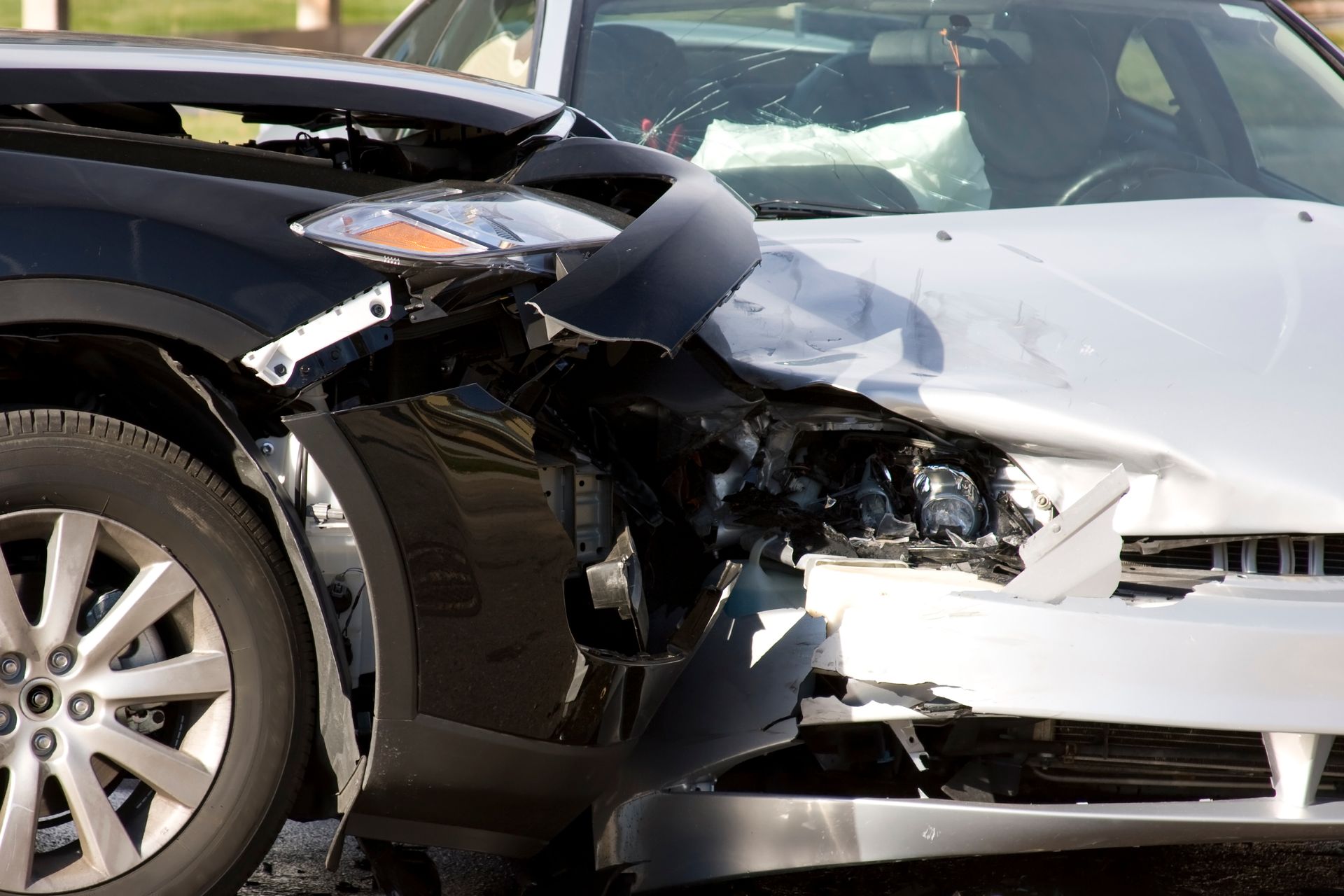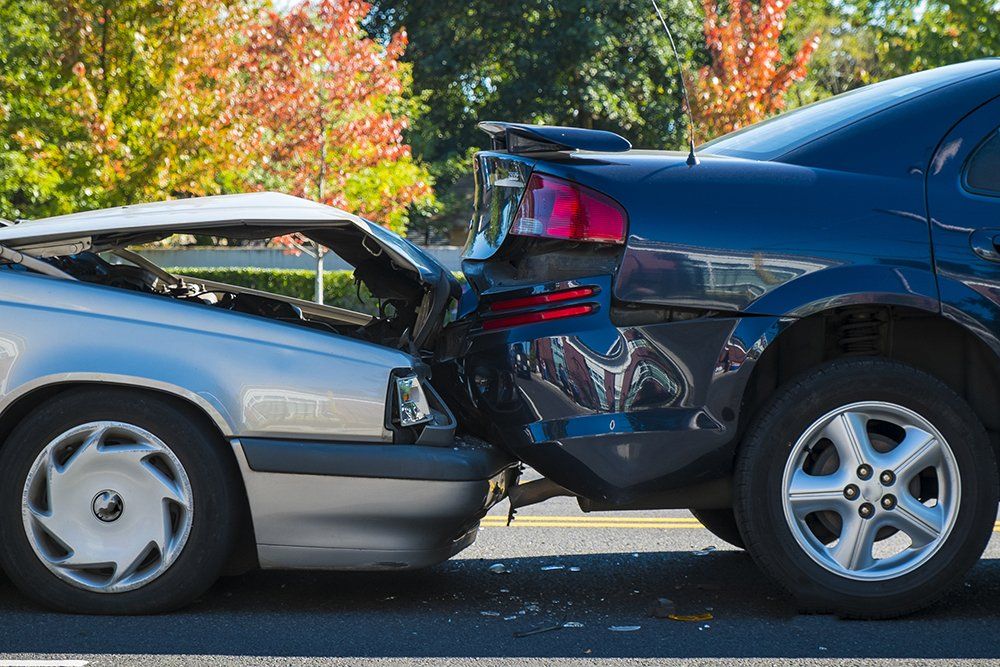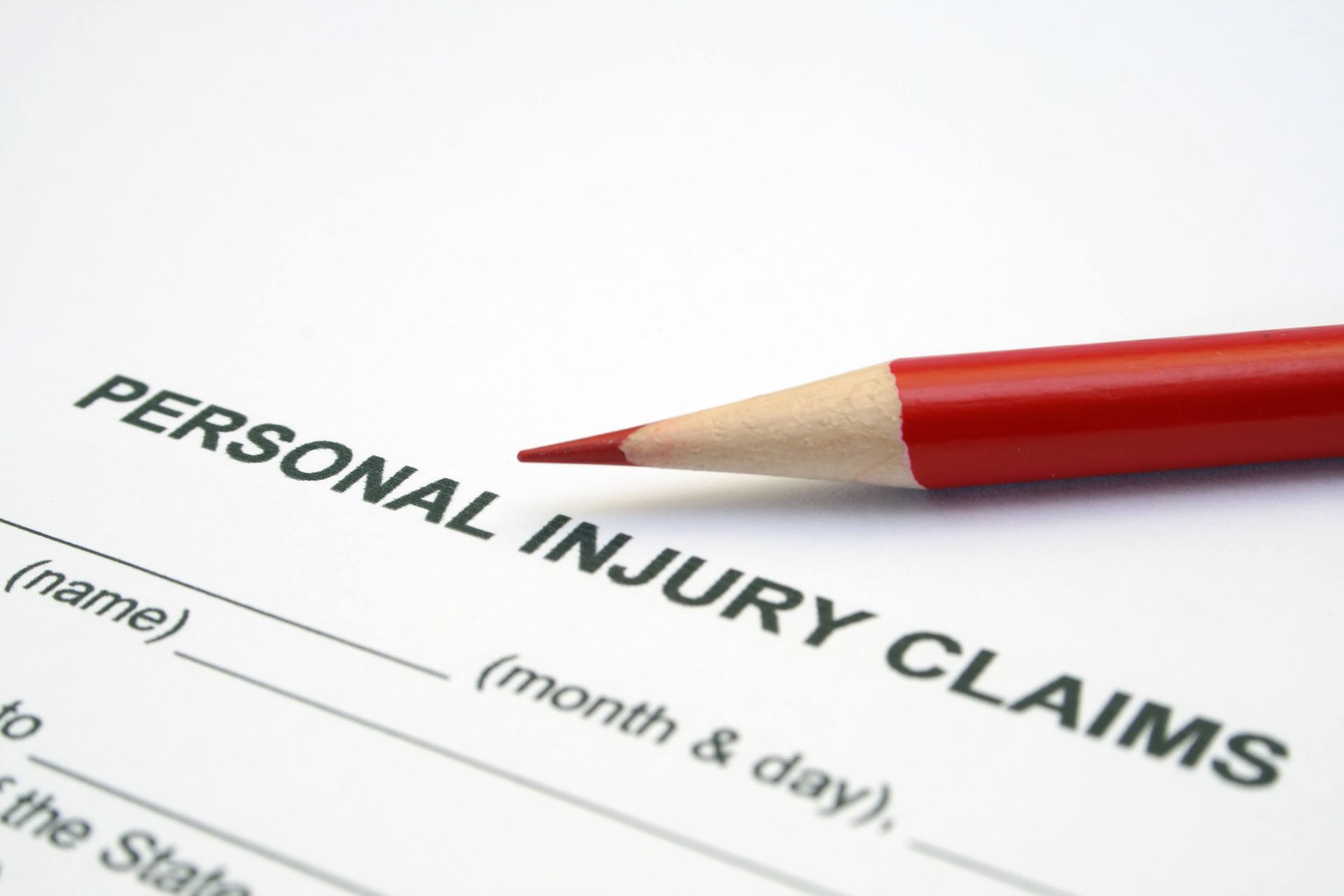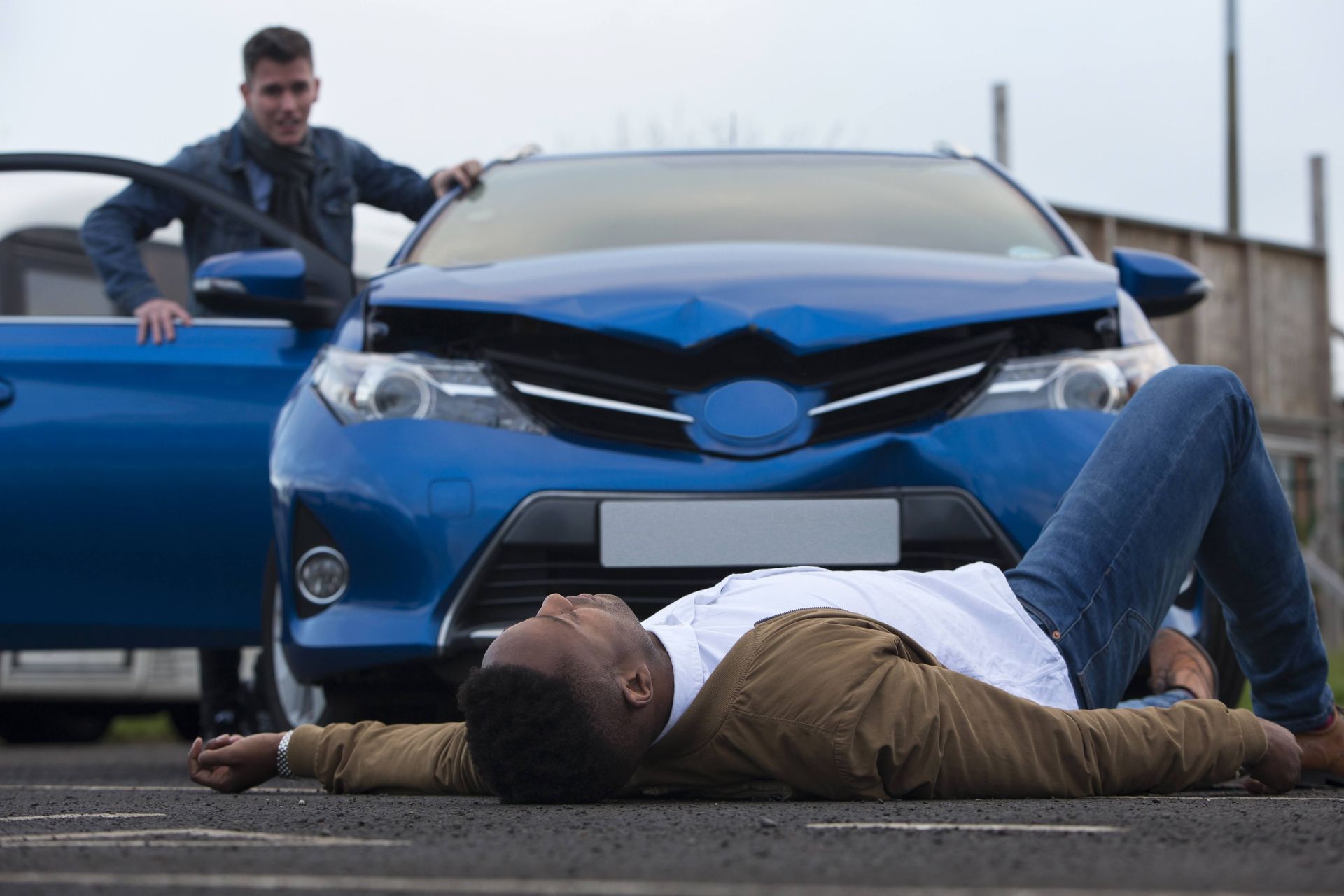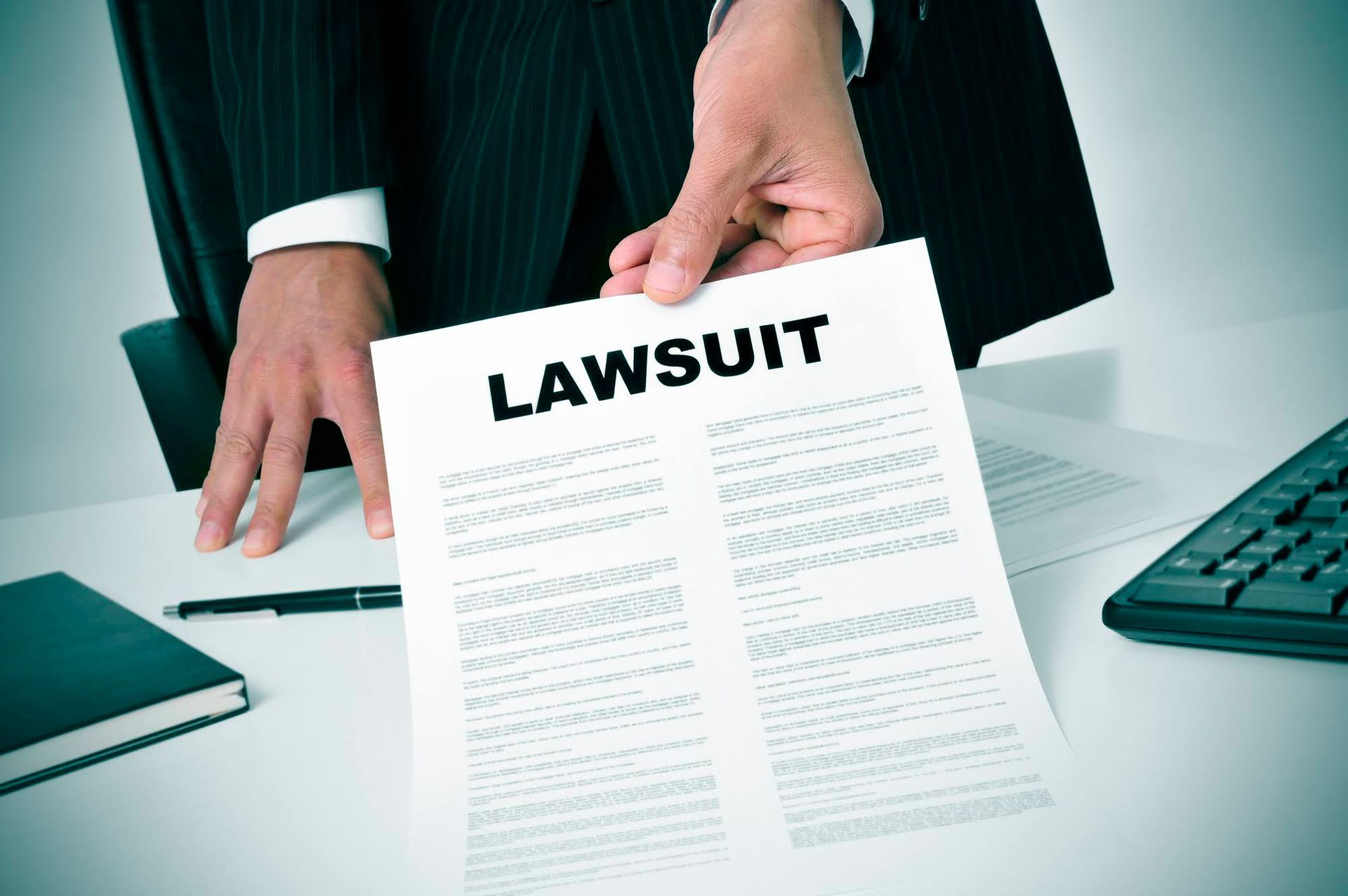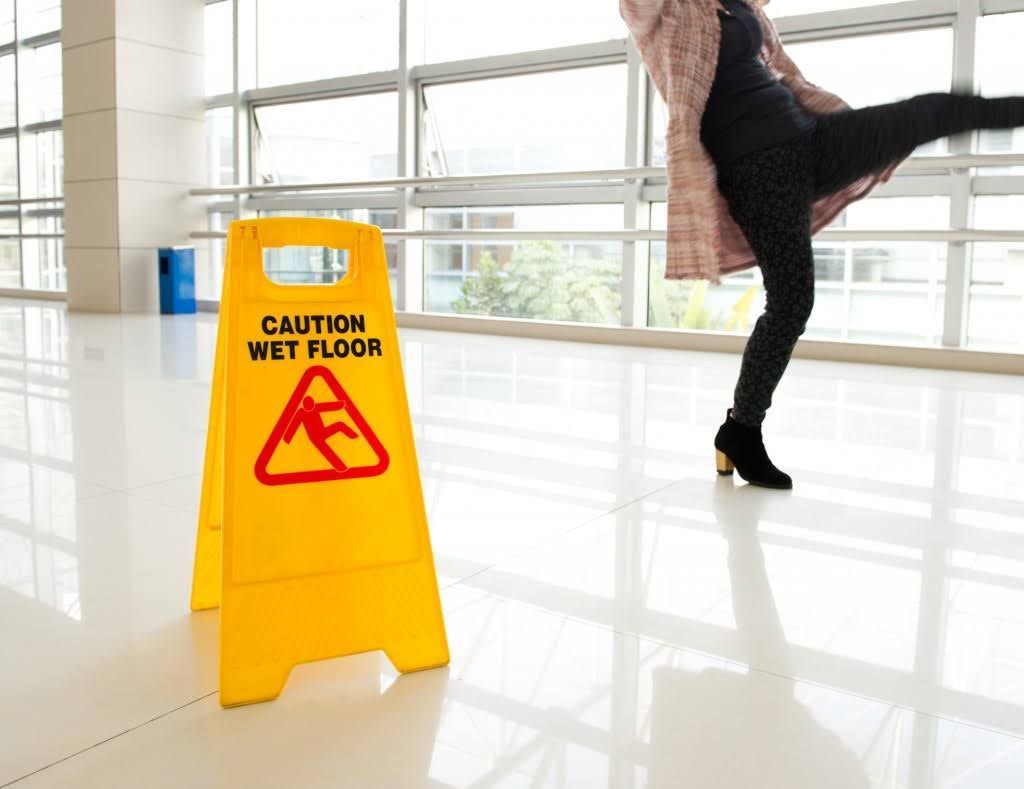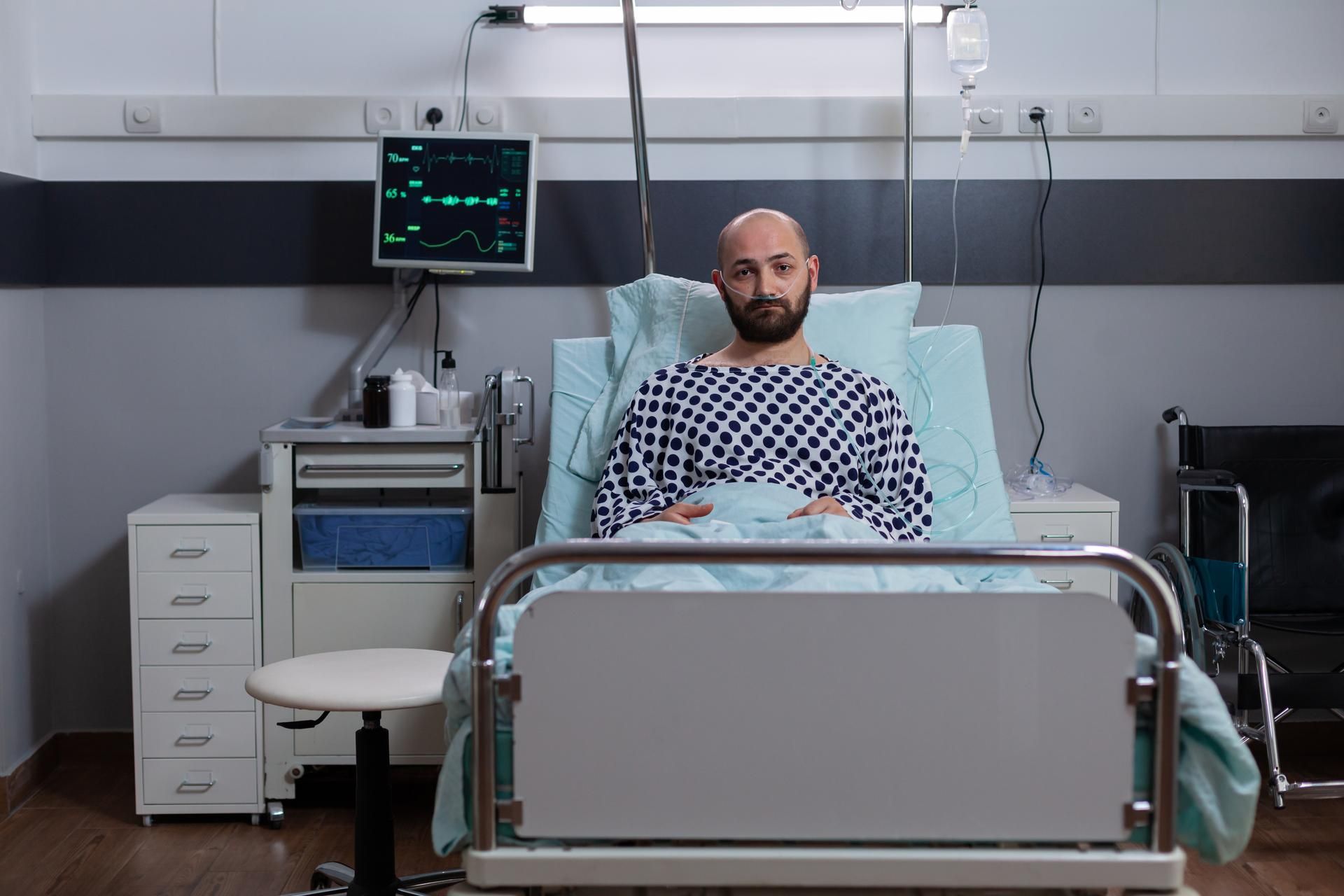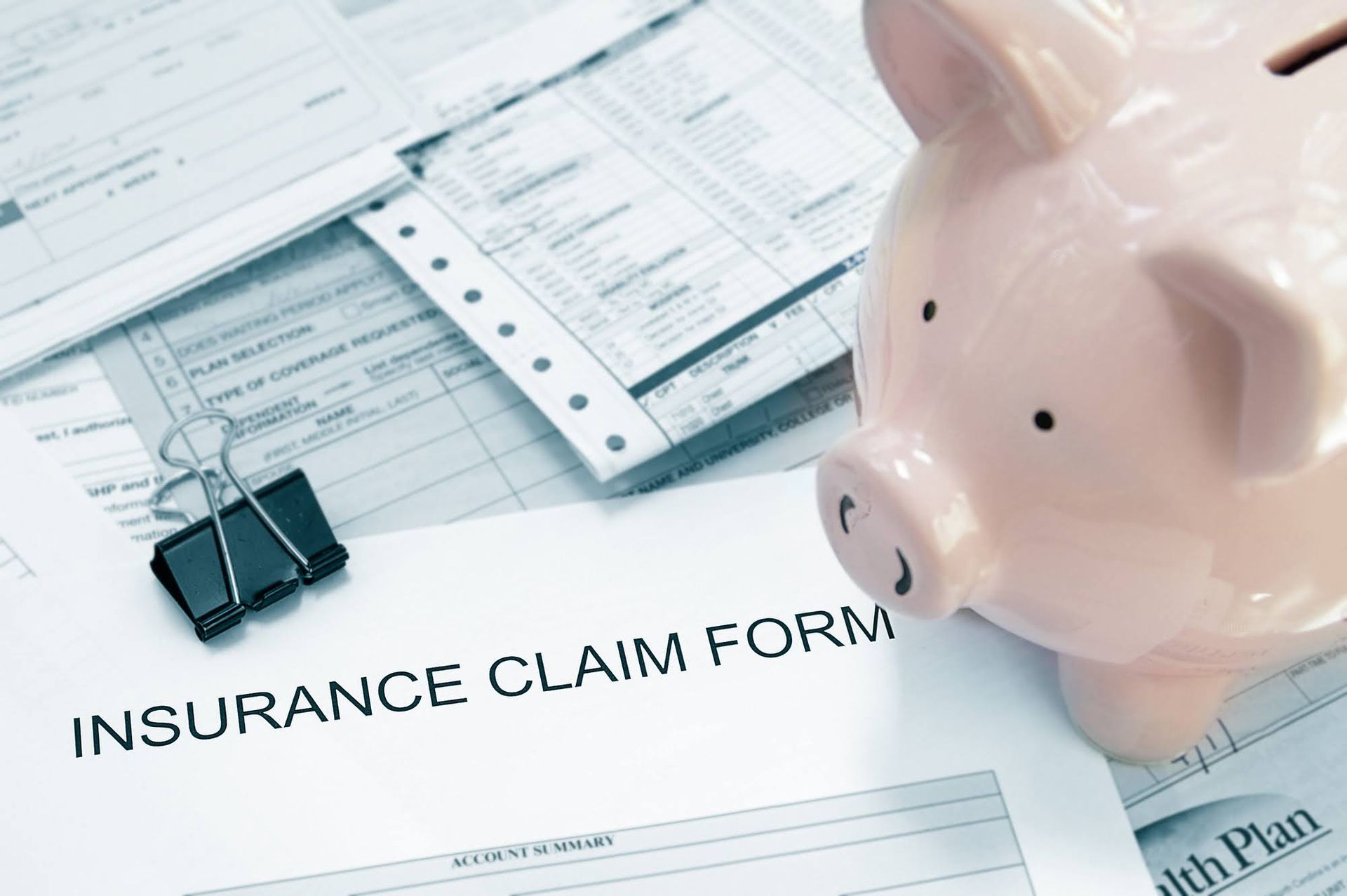Ways to Maximize Your Personal Injury Settlement
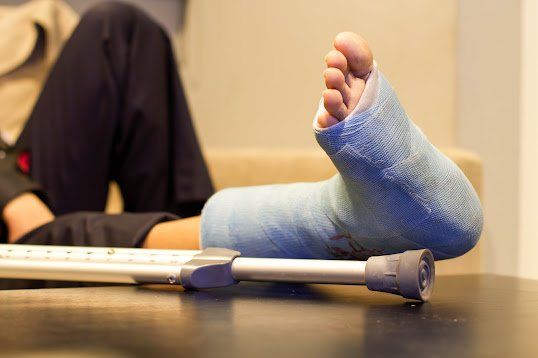
In a personal injury case, the person responsible for causing the wreck pays compensatory damages to the victim. As a victim, you can claim compensation for medical treatment, income loss, pain and suffering, property loss, emotional distress, or loss of consortium. However, since no predetermined settlement amounts exist, the amount you will receive as compensation depends on the severity of your injuries and the circumstances of the collision itself. Below are some ways to appropriately increase your settlement amount.
Gather Enough Evidence
Most of the evidence you'll need in a personal injury case is in the form of documentation. These documents include medical reports and data, statements, bills, and incident reports. You can also use media such as photos and videos to demonstrate that the defendant is responsible for your injuries. For example, if your vehicle had a dashcam, you can present the footage as evidence.
Document Your Pain and Suffering
If you claim compensation for your pain and suffering, have a journal record of your suffering from the time you got the injury. Things to record include any form of pain resulting from the injury, your emotional struggles, and your medication to relieve the pain. Also, include the mental impact of the accident, like sadness and frustration.
Get Immediate Medical Treatment
Even if you feel no pain after the accident, seeking immediate treatment is crucial to protect your wellbeing and the integrity of your personal injury claim. Some injuries may seem minor but can develop into serious medical problems if not treated early. You should always seek medical treatment from any licensed health practitioner, including your family doctor, a doctor at a local clinic, or an emergency room doctor following a collision. Conversely, if you delay seeking medical treatment, the defendant, or their insurer, may take advantage of the gap in treatment to claim that the injuries are from a separate unrelated incident. In addition, medical records will form the bulk of your personal injury evidence, as you will need to prove your injury claims.
Don't Forget Possible Future Damages
Since you cannot return to ask for more money after accepting a settlement, the worst mistake you can make after a personal accident is to omit possible future damages. Therefore, if you hastily accept a settlement offer based only on the straightforward impacts like medical bills and wages lost during hospitalization, you'll not have enough money to handle future medication or other bills if your injuries take a turn for the worse.
Since future damages are hard to calculate, your attorney should provide your doctor and therapist's reports about how the injuries will affect your general wellbeing in the future. These reports should include details like your ability to work and if you need lifelong medication and future surgeries.
Hire an Experienced Personal Injury Attorney
The possibility of getting a low settlement amount is higher if you proceed to negotiate your compensation with the insurance company without an attorney. However, when you hire an experienced attorney to handle your personal injury case, you'll receive sound legal advice and a strong counter against any moves by the insurance company's adjusters and legal team to minimize your settlement or judgment amount.
Also, though most personal injury cases don't proceed to trial, your attorney will gather all the evidence and paperwork required to argue your case in court.
If you have claimed compensation after a personal accident, the worst thing is losing the case or receiving a settlement amount that's too little for your injury. Follow the above tips to ensure satisfactory compensation, no matter the type of injury. At Higinbotham & Higinbotham PLLC, we have an experienced team that will ensure that you get the compensation you deserve. Contact us today for a free case evaluation.
Phone:
304.366.2900
1 (800) 446-HURT(4878)
Fax:
304.366.2909
Email:
Address:
Veterans Square
320 Adams Street, Suite 201
Fairmont, West Virginia 26554
Availability:
Monday - Sunday 24/7
Appointments Also Available
